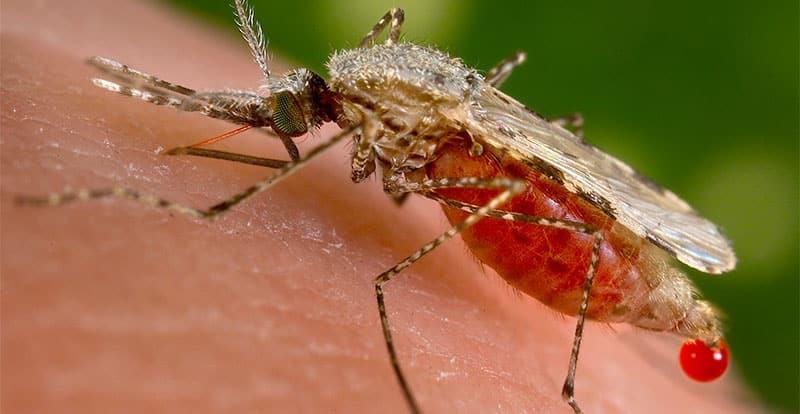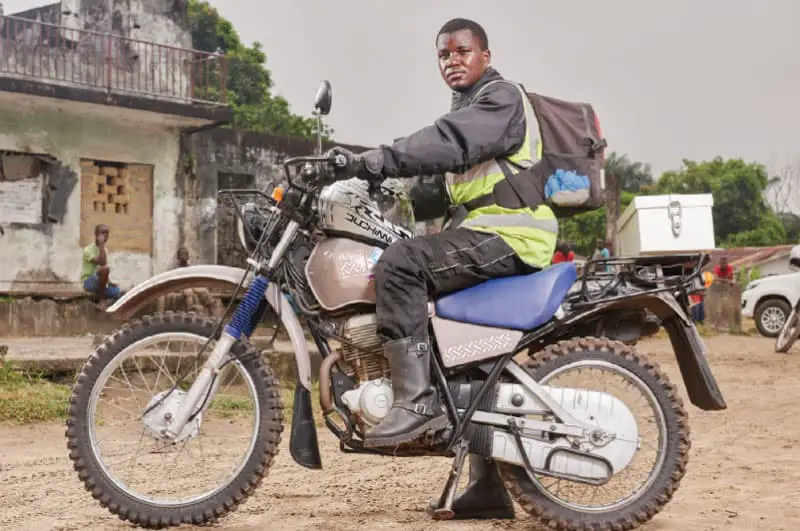Diabetes: Are You At Risk?
Early diagnosis of diabetes is important if complications are to be prevented or delayed. If you are over 35 and have any of the risk factors highlighted in this article, you should be tested every year.
Who is at risk?
Risk factors for developing Type 2 diabetes include the following:
- Being aged 35 or over
- Being overweight (especially if you carry most of your weight around your middle.
- Being a member of a high-risk group (in South Africa if you are of Indian descent you are at particular risk).
- Having a family history of diabetes
- Having given birth to a baby that weighed over 4kg at birth, or have had gestational diabetes during pregnancy
- Having high cholesterol or other fats in the blood
- Having high blood pressure or heart disease.
A simple finger-prick test at your local pharmacy or clinic can diagnose the likelihood that you may have diabetes within a minute.
How is diabetes treated?
Having diabetes need not mean the end of a normal, healthy life. People with diabetes need to first accept the fact that they have the condition and then learn how to manage it.
This takes commitment and perseverance. The goal of diabetes management is to bring blood glucose levels into the normal range, that is, between 4-6mmol/l.
How is diabetes managed?
There are various aspects of good diabetes management.
Education: Knowing about diabetes is an essential first step. All people with diabetes need to learn about their condition in order to make healthy lifestyle choices and manage their diabetes well. Join your local branch of Diabetes SA and attend courses in diabetes self-management. Make an appointment to see a Nurse Educator who will set you on the path to good diabetes management.
Healthy Eating: There is no such thing as a ‘diabetic diet’, only a healthy way of eating, which is recommended for everyone. However, what, when and how much you eat play an important role in regulating how well your body manages blood glucose levels. It’s a good idea to visit a registered dietician who will help you work out a meal plan, which is suitable to your particular lifestyle and needs.
Exercise: Regular exercise helps your body lower blood glucose, promotes weight loss, reduces stress and enhances overall fitness and enjoyment of life.
Weight Management: Maintaining a healthy weight is especially important in the control of type 2 diabetes. Make an appointment to see a registered dietician who will work out a meal plan to help you lose weight.
Medication: People with type 1 diabetes require daily injections of insulin to survive. There are various types of insulin available in South Africa. Type 2 diabetes is controlled through exercise and meal planning and may require diabetes tablets and\or insulin to assist the body in making or using insulin more effectively.
Lifestyle Management: Learning to reduce stress levels in daily living can help people manage their blood glucose levels. Smoking is particularly dangerous for people with diabetes.
About Diabetes South Africa
Diabetes SA (DSA) is a registered NGO/ non-profit organisation and public benefit organisation and has been in operation for over 47 years. DSA has Section 18A(1) Approval and is a member of the International Diabetes Federation, which represents 147 diabetes organisations in 121 countries.
Appeal for Donations
DSA is a small organisation when considering the huge demand for services, a demand that is increasing as more and more people are diagnosed with diabetes every day. DSA is run mainly by volunteers with only a handful of paid employees. To continue expanding the programmes and services offered, DSA needs support and funding from individuals, government and private corporations.
Donations will receive a tax receipt, which is tax deductible to the donor in accordance with the Income Tax Act. The organisation also has BEE Level 4 Contributor status.
For more information visit www.diabetessa.org.za or call +27 (0)21 425 4440 or email: [email protected]
This article and the advertisement below has been sponsored by TourismTattler.com in support of Diabetes South Africa and as a health and wellness service to readers.






